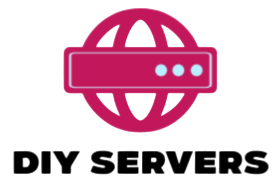When moving into a new house for the first time, there are many things to consider. It would be best if you kept HVAC at the top of your list of priorities. Here is some advice on HVAC for beginners. It is anticipated that by 2027, the Internet of Things will connect 41 billion different types of gadgets (IoT). Everyone loves innovative technology, and heating, ventilation, and air conditioning (HVAC) are no different. Visit https://www.callturtleyawesome.com/contact/.
You may have never used a heating, ventilation, and air conditioning system before, and the possibility of doing so excites you. Following our discussion on HVAC for beginners is a guide to some of the most popular HVAC tips and techniques.
HVAC for Beginners
Heating, ventilation, and air conditioning are the components referred to as “HVAC.” A heating, ventilation, and air-conditioning system, or HVAC, is installed in your house.
This system is made up of nine different parts in total. The condensing unit, the furnace, the heat exchanger, the evaporator, and the coil are its constituent parts. In addition, it has ductwork, vents, a thermostat, tubes that carry refrigerant, and a heat pump.
Familiarize Yourself with Your Heating, Ventilation, and Air Conditioning System
The first thing that needs to do is to figure out what kind of heating, ventilation, and air-conditioning system you have in your home.
Most heating systems utilize furnaces as their primary heat source, although some also use heat pumps and boilers. Determine the source of the fuel that drives your home’s heating system: is it electricity, natural gas, oil, and propane? Does your space use a ductless mini-system, or does it rely on a central air conditioning unit? Does the wall unit have a window that’s linked to it somewhere?
Finding out how your house is cooled & heated may be accomplished by investigating any of these options. In addition, it will provide you with a ballpark figure of how much your utility costs for heating and cooling may cost.
Consider the Age of Your HVAC System
The lifespan of HVAC systems is typically between ten and fifteen years. If your heating, ventilation, and air-conditioning system are this old, you should consider getting it serviced or replaced before it starts giving you difficulties. If your system needs significant repairs, it can be more cost-effective in the long run to replace it with a new one.

